Apparently Professional Organizers Actually Hate It When You Put Stuff In Baskets
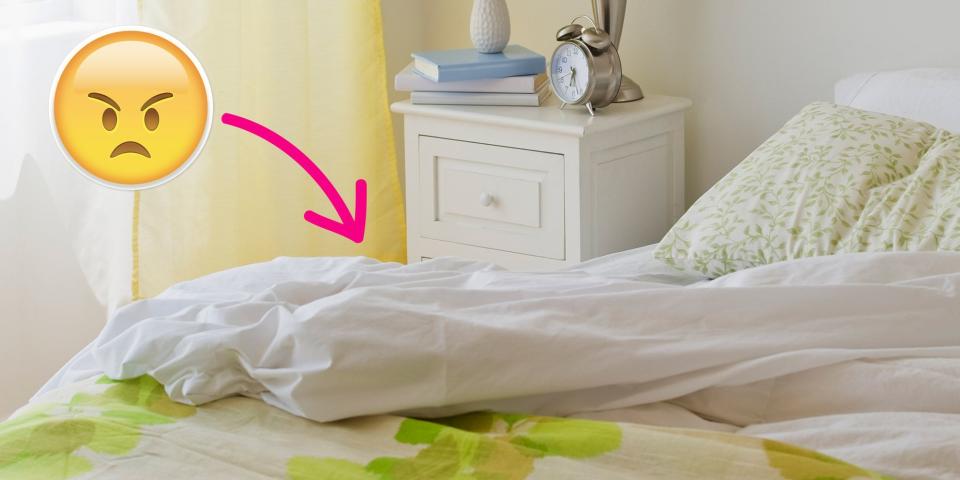
Apparently Professional Organizers Actually Hate It When You Put Stuff In Baskets
Let's just say, their beds never look like this.
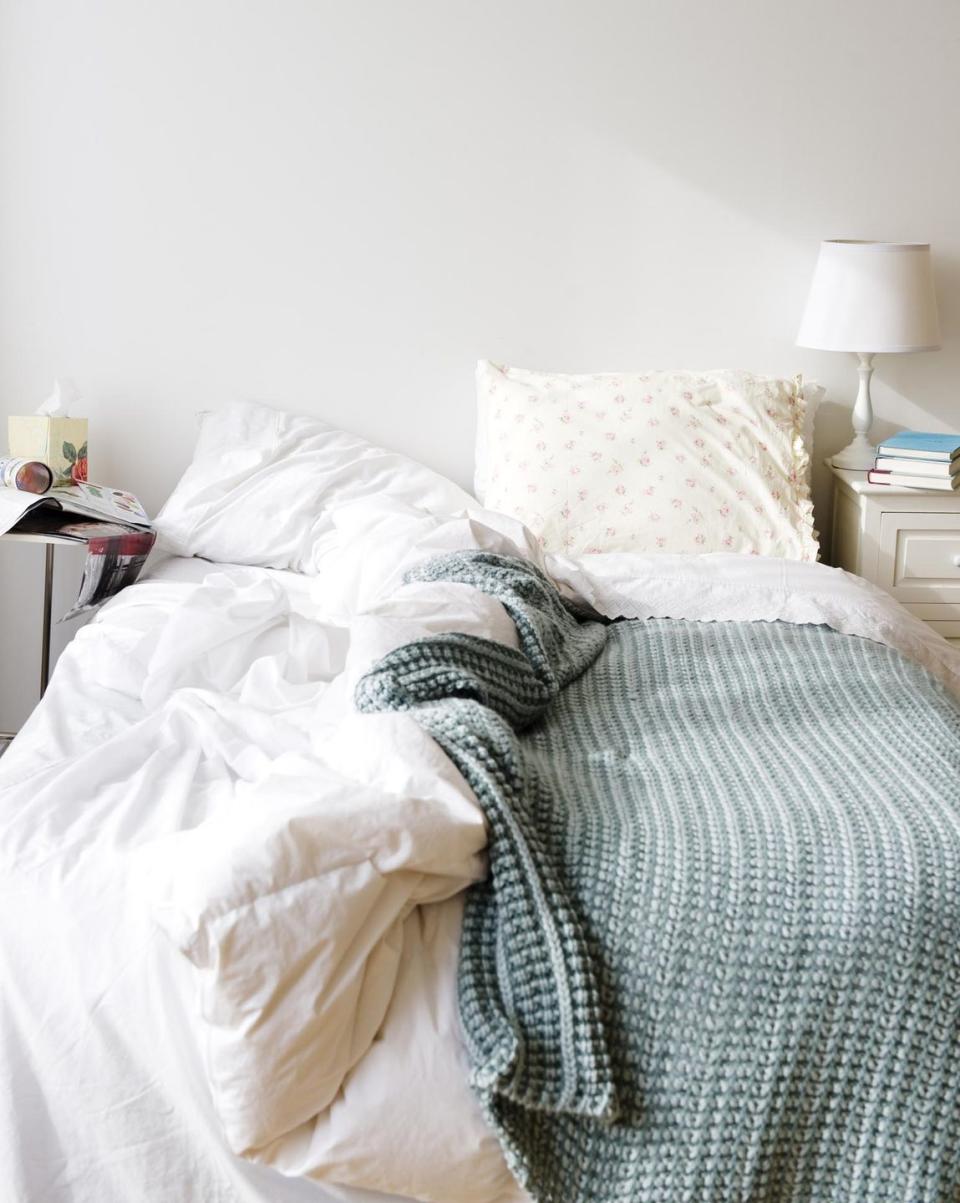
Not making your bed.
There's a reason Amelia Meena, organizer and founder of Appleshine, is willing to sound like your mother (her words!) and remind you to make your bed: "Starting the day with structure, purpose and respect of your space will encourage the same habits throughout the rest of your day and space," she says.
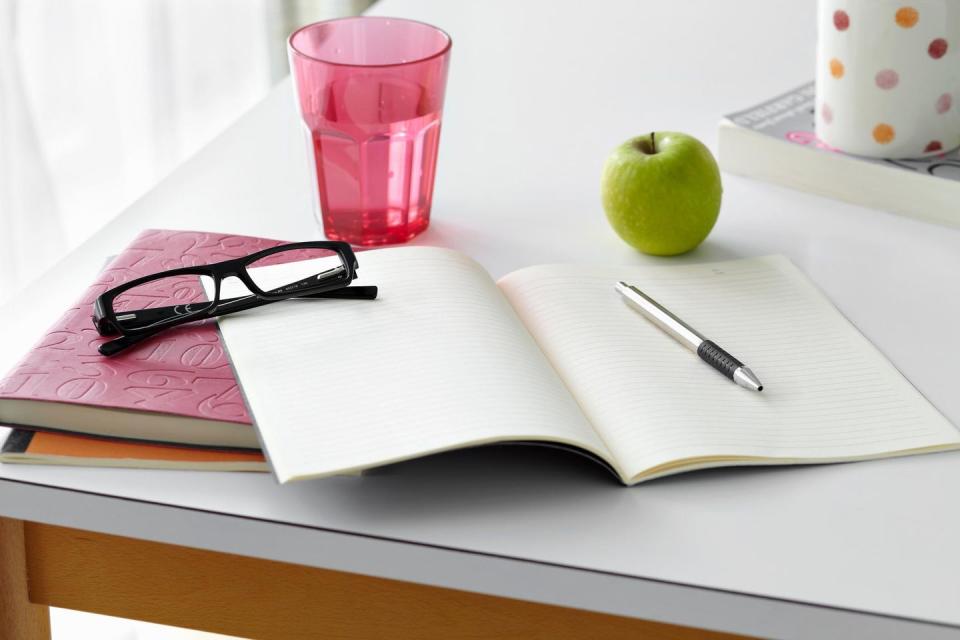
Underestimating to-do lists.
According to Rachel Rosenthal, a professional organizer at Rachel and Company, it's the easiest way to feel in charge of your life — and your clutter. "Most of my clients complain they are overwhelmed, have no time and don't know where to start," she says. "I always suggested putting something down on paper or electronically as a starting point and way to clear the emotional clutter."
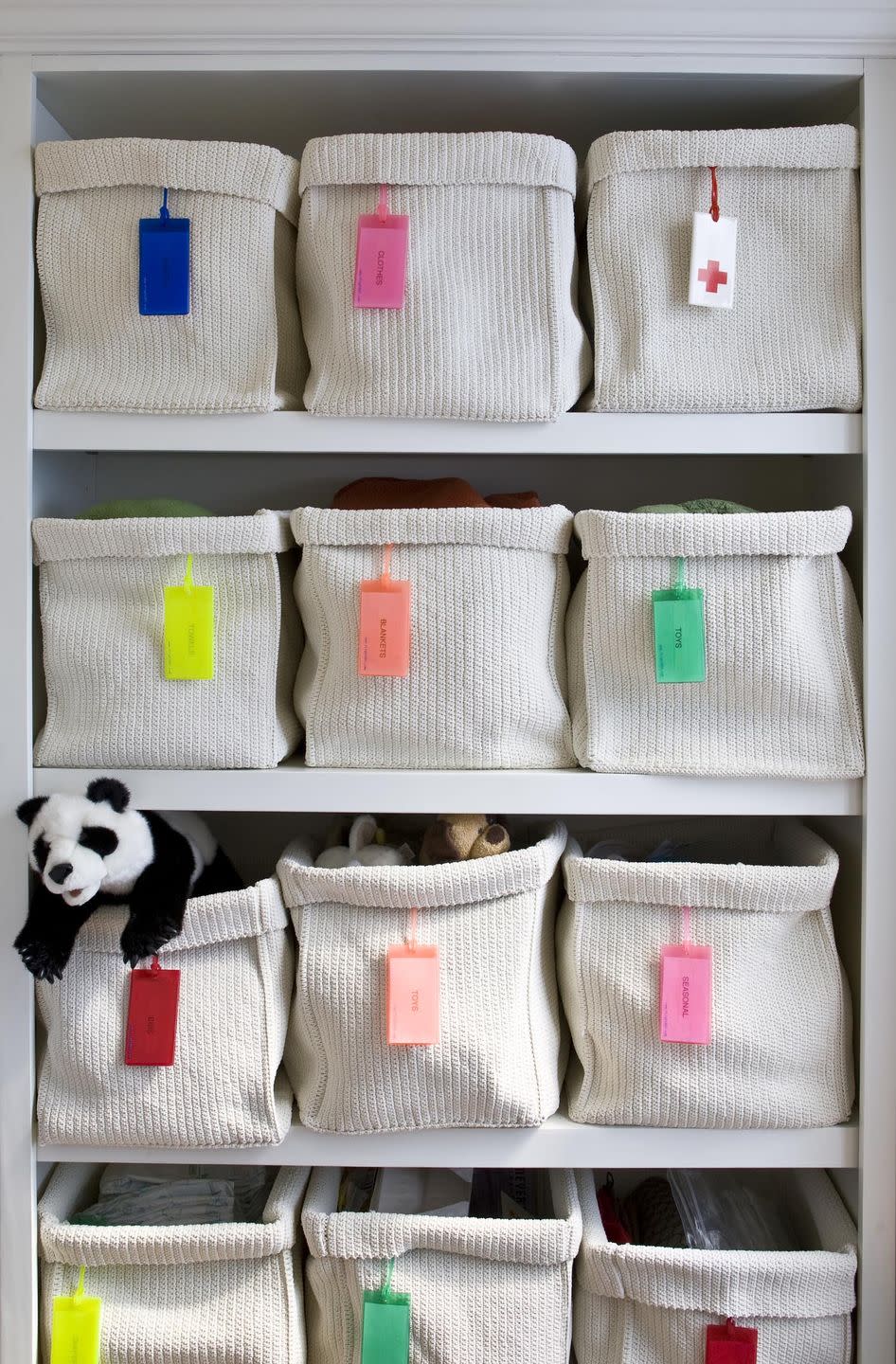
Using false aesthetics.
That means baskets, bins and boxes that are supposed to look organized, but professional Matt Baier says actually cause even more clutter. "Hiding action items away in pretty baskets may look beautiful in a photograph," he says. "But if it causes items to pile up on your surfaces a week later, then it's not so pretty."

Not respecting capacity limits.
The first rule of professional organizing (at least, according to Meena) is designating a home for everything — and she doesn't think that home should grow as you acquire more stuff. "If you have more pens and pencils than can comfortably fit into your pen holder, it's better to edit out the excess pens then add another holder," she says.
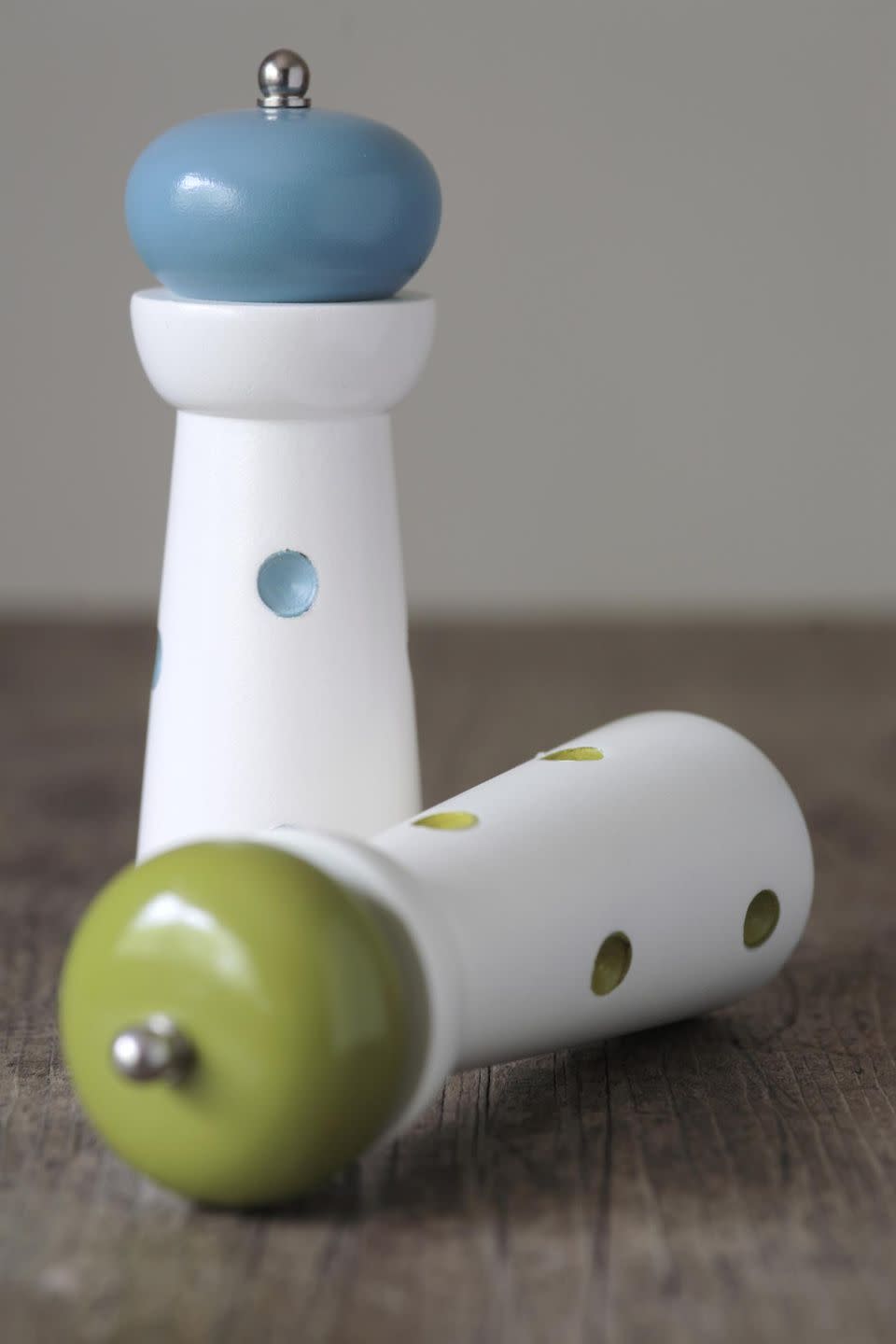
Holding onto unwanted items.
Even though the salt and pepper shakers your mother-in-law gave you might be adorable, if they're not your taste, Rosenthal says you shouldn't hold onto them. "Many times people keep items in their homes and lives that they don't like, because someone, like a relative or friend, gave them it as a present," she says. "I tell clients to let go of these items because they are truly clutter."
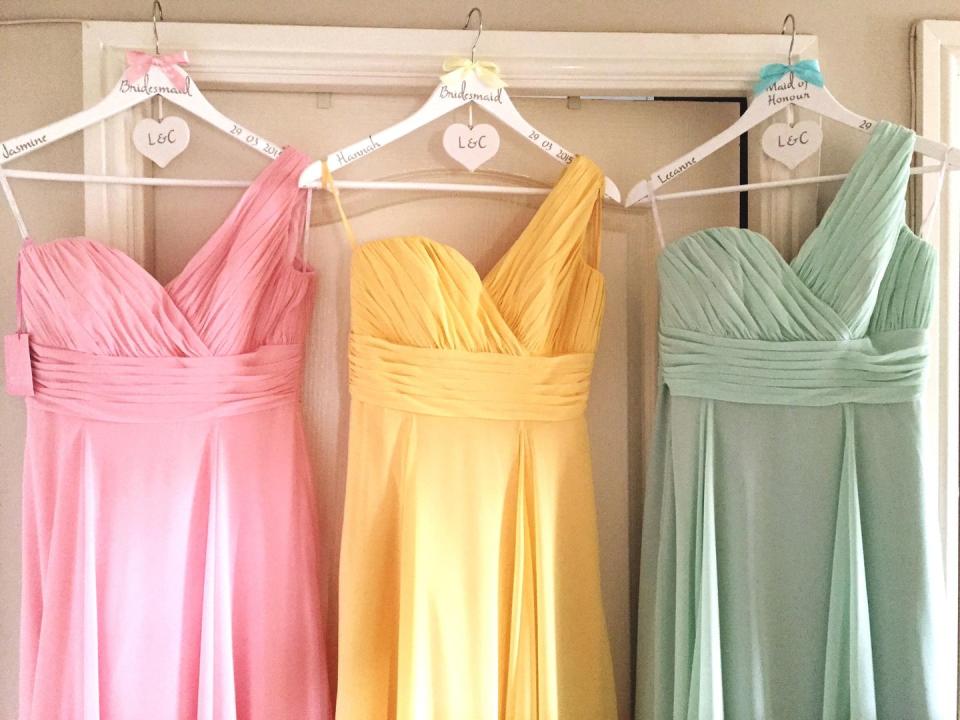
Keeping things because they cost money.
Bridesmaids dresses are expensive — but if you don't plan on wearing them again, Jeni Aron, founder of Clutter Cowgirl, says you shouldn't feel guilty about tossing them. "Your apartment or house costs money so the space these unused items are taking up are therefore also costing you money," she explains. "If something is no longer serving a purpose in your current lifestyle, it needs to go."
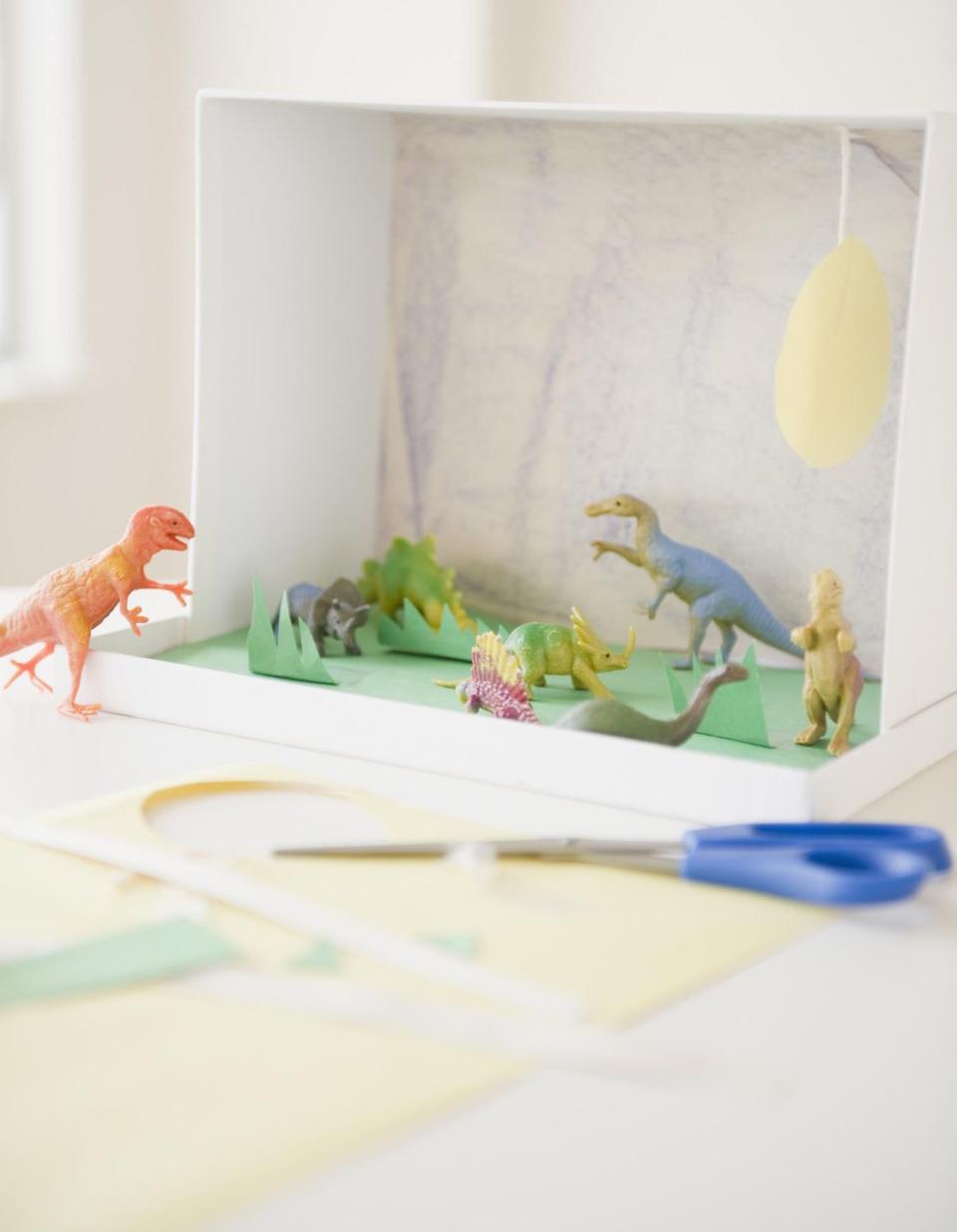
Not putting things back.
Scissors are used in almost every room, which means if you forget to put them away, they can be nearly impossible to find. This habit drives Meena nuts. "After something has been used, it goes back to its home," she says. "This eliminates loss of items, purchasing duplicates of a pre-owned items and, of course, clutter."
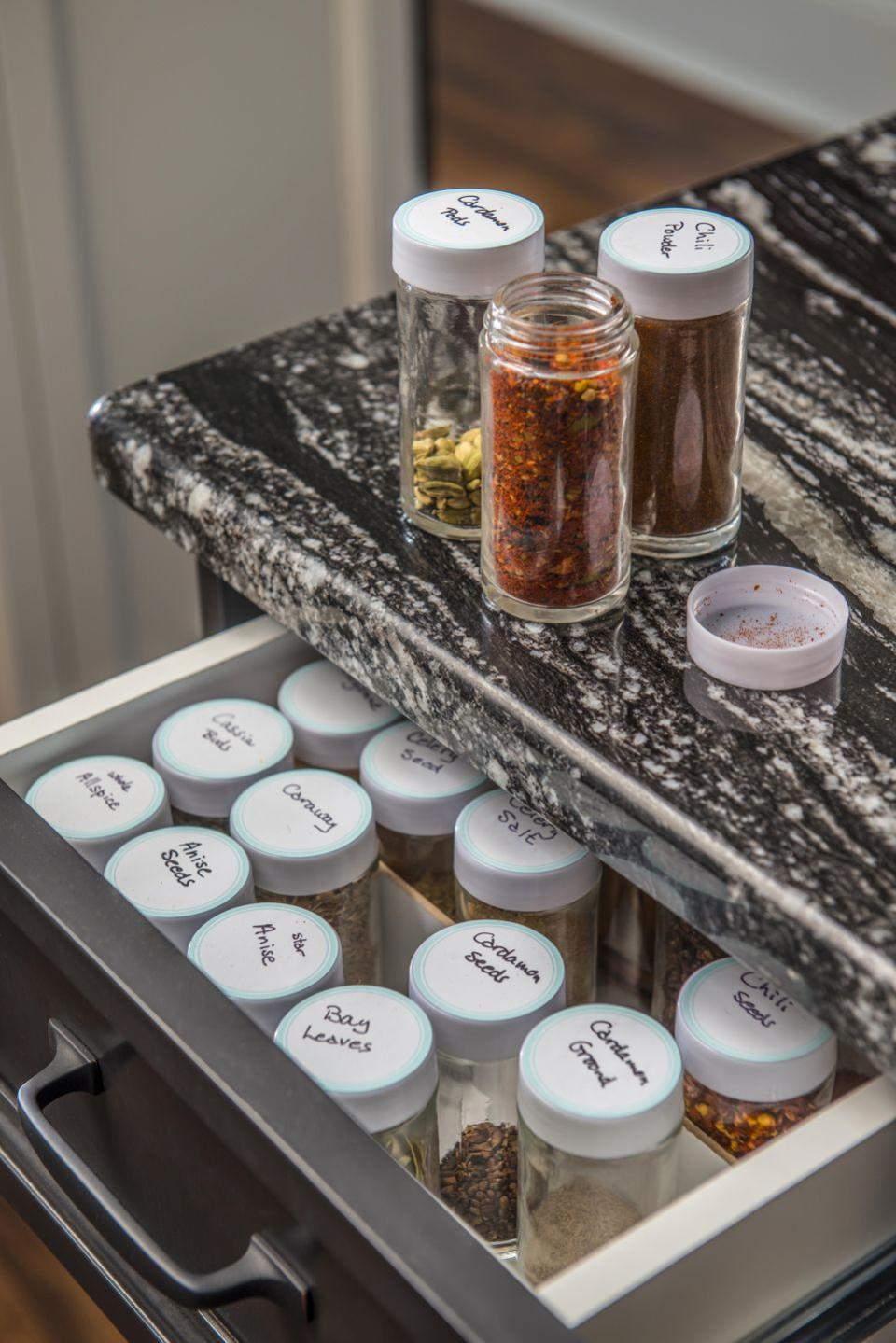
Relying on labels.
While external tools (like labels) can be helpful in the kitchen, Rashelle Isip, founder of The Order Expert, explains that they won't do the work for you. "The only things you really need to become more organized are a plan, and the commitment, determination and action to turn your plan into a reality."
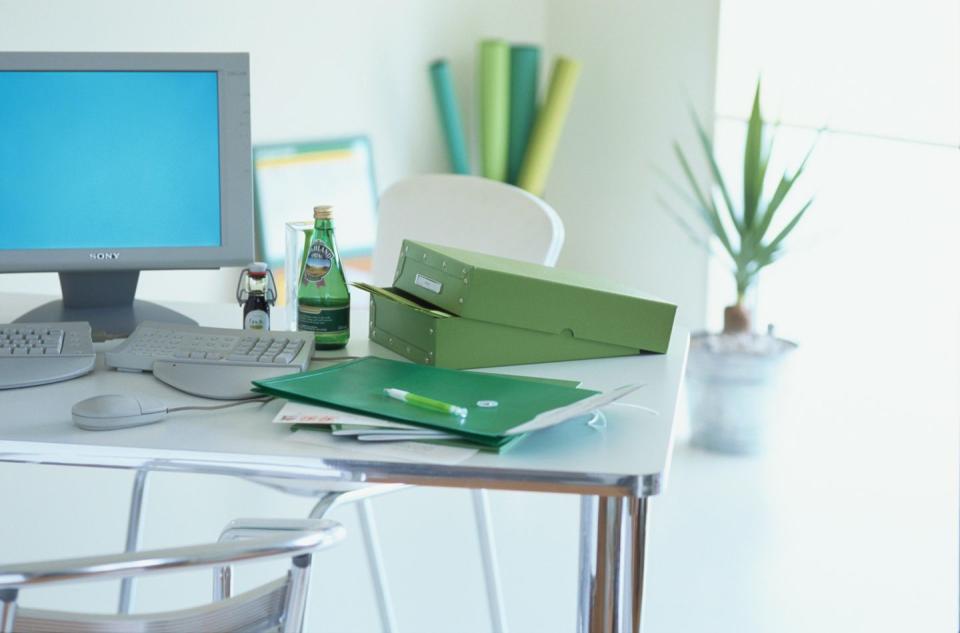
Duplicating filing systems.
Duplicate files can create a whole lot of chaos, which Isip says can create more work and struggle. But the solution is simple: "Take a few moments to check the status of an existing folder or set of documents first," she says. "A few minutes of reconnaissance work can prevent several hours of headache later on."
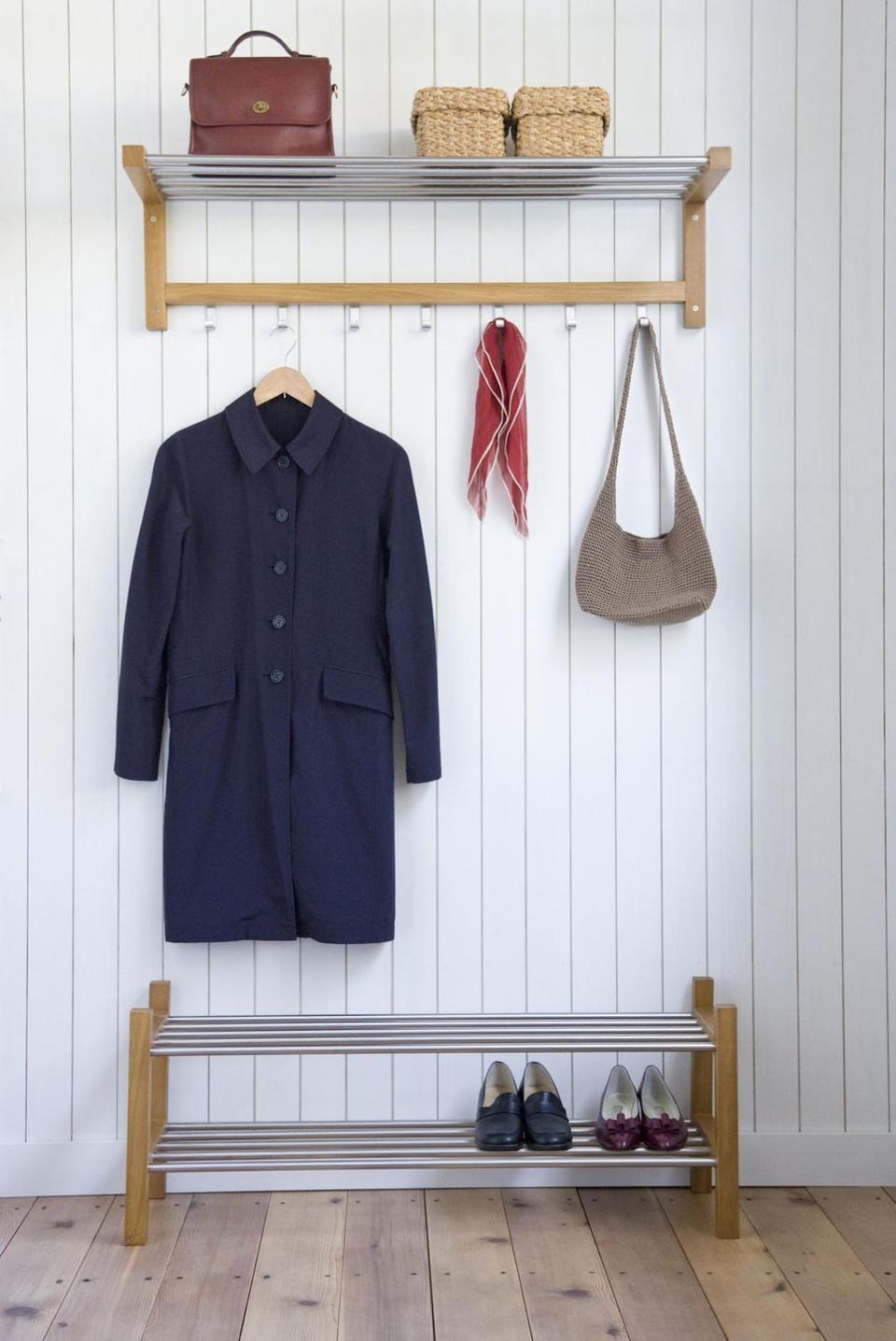
Investing in expandable shoe racks.
While these quick purchases might promise to tackle laundry room clutter, Aron argues otherwise: "They are cheaply made, shoes do not stay on them and they're a waste of space," she says. Use a hanging pocket shoe organizer, clear shoe boxes or a solid cubby system instead."
That's just one of their pet peeves.